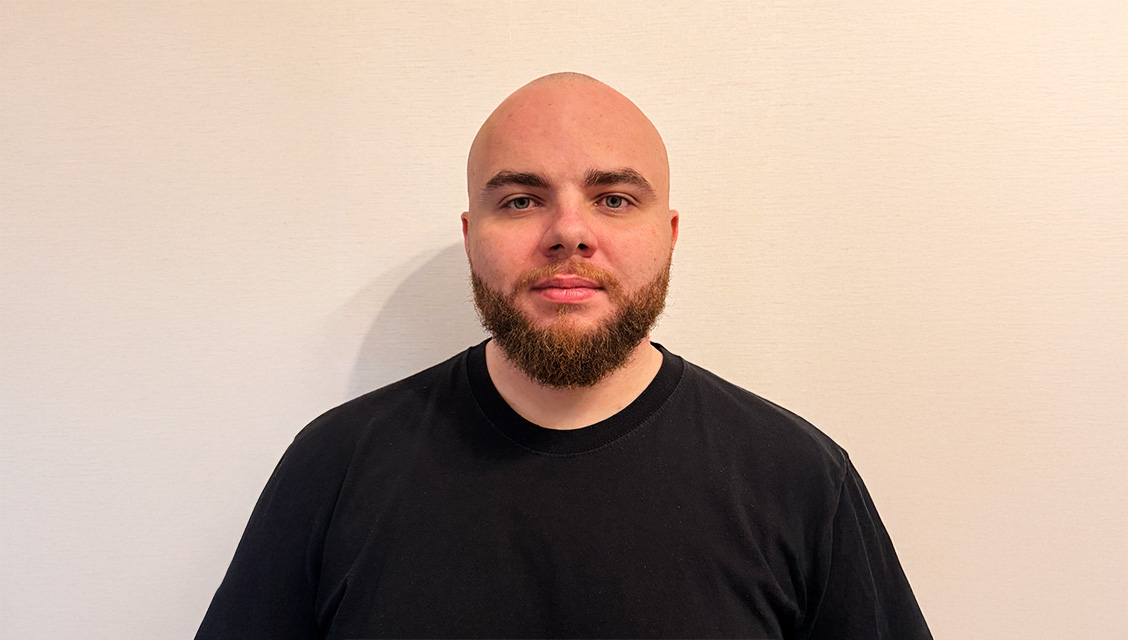We caught up with Matt to learn more about his journey into the Home Office, what it’s like to work as a Software Developer within the National Law Enforcement team and what he enjoys about his role.
Tell us about yourself, your journey into tech and what you did before joining the Home Office?
I have always been interested in technology and had a few IT roles where I worked as an admin / project coordinator. However, I knew I wanted a technical role that was more ‘hands-on’, so I took a one-year Access to Higher Education Diploma course to get the qualifications required for me to apply for a university level, Software Engineering degree.
My degree was a four-year course with the option of a placement in the third year which is how I got the opportunity to work at the Home Office. During my placement I applied for a permanent position and was successful in getting the role. I was able to work part-time within this role whilst finishing the final year of my degree before becoming a full-time member of the team, and I have been here ever since.
What attracted you to pursue a career at the Home Office?
During my placement year I was able to gain first-hand experience of the working culture within the Home Office. I spent time working in DevOps and as a Developer in Shared Applications Service (SAS) where I gained experience in Amazon Web Services (AWS) Infrastructure, Kubernetes, as well as low-code and serverless technologies (e.g. Azure Logic Apps, Azure Function Apps).
I also got to work on a Case Management System for the Civil Penalties Compliance Team, which supported issuing civil penalties to employers who employed individuals without the right to work in the UK. It was clear that there were good opportunities for career development as well as the chance to work across a variety of interesting projects.
What does your day-to-day work involve?
Day-to-day my work can vary between investigating and resolving issues raised by end users, developing new features, reviewing the work of team members and adding automated tests to ensure reliability of applications.
What do you enjoy most about your role as a Software Developer?
I enjoy the challenge of getting stuck-in to complex problems, detecting issues and investigating the root causes. I really like fixing problems and improving quality. It’s satisfying to leave things in a better state than you found them.
Have you been involved in any interesting projects?
An interesting project that I have been involved in recently was for one of our Customer Service Teams, where I worked on an email triage tool. The team sifted through and triaged hundreds of emails each day, consuming a significant portion of their time.
I worked on a tool using machine learning that would automatically categorise emails, which allowed colleagues to devote more time to more pressing actions, ensure Service Level Agreements (SLAs) are being met and save time that would have been spent triaging these emails.
It was great to work on this project as it allowed me to familiarise myself with Azure’s AI tooling and see the real-world benefits of something I had worked on improving efficiency within the Home Office and for its customers.
Tell us about the support available to you at the Home Office?
There are loads of benefits and plenty of training opportunities available to develop your skills. You’re encouraged to join courses (online or in-person) which will enhance your skill set and you are also provided subscriptions for O’Reilly and the QA Tech Training platform, which has plenty of learning materials. I’ve also been able to attend several events to help further my career including the International Cyber Expo and the AWS Threat Detection & Response Activation Day, learning about Amazon Web Services products that help enhance online security.
As well as being supported to progress your career, the Home Office also values work-life balance. I have the flexibility to choose my office days, which is something I value.
What advice would you give to someone who is considering a career in tech at the Home Office?
Go for it. It’s such a welcoming and supportive environment. There are plenty of great opportunities to work on exciting projects that will help to develop your career.




